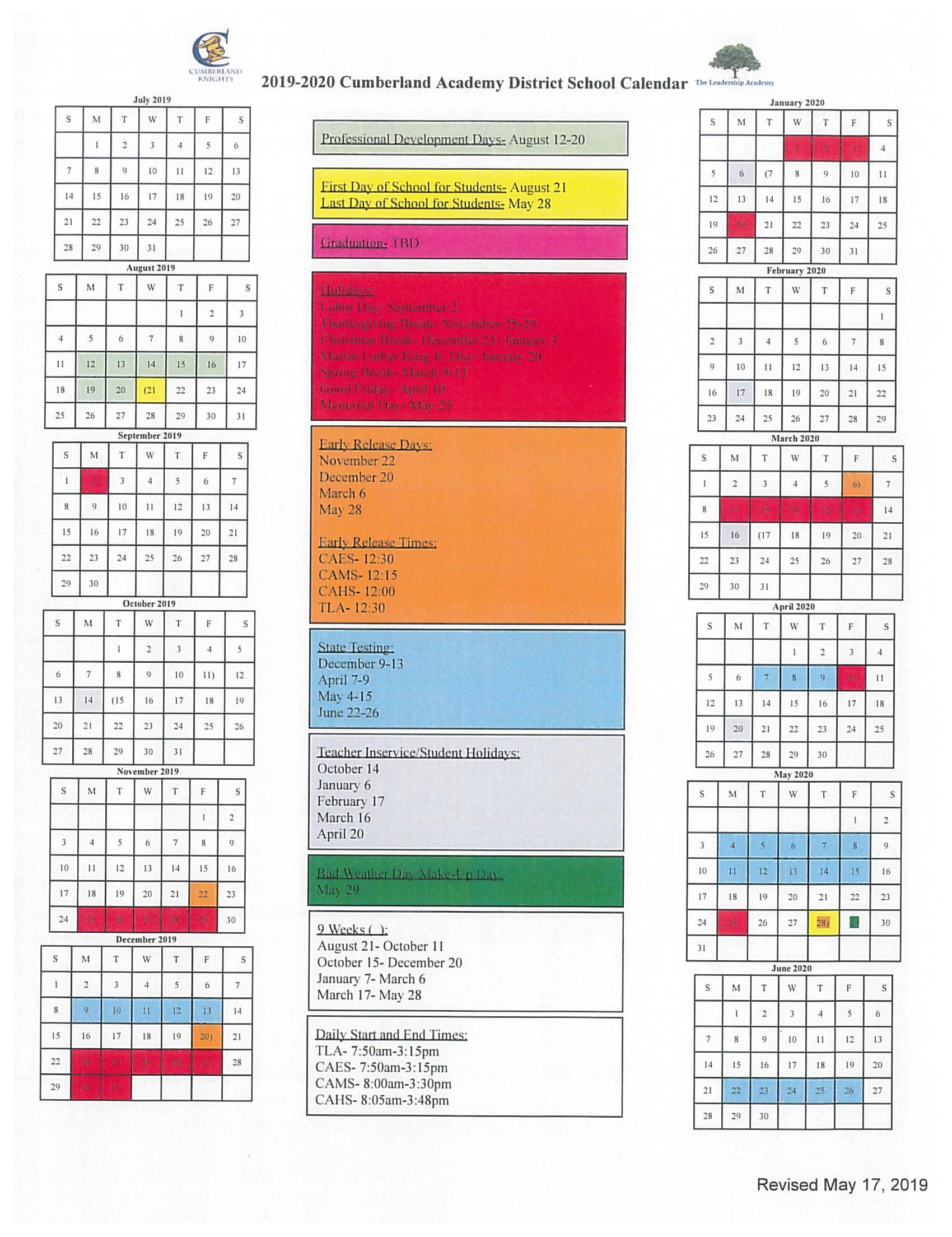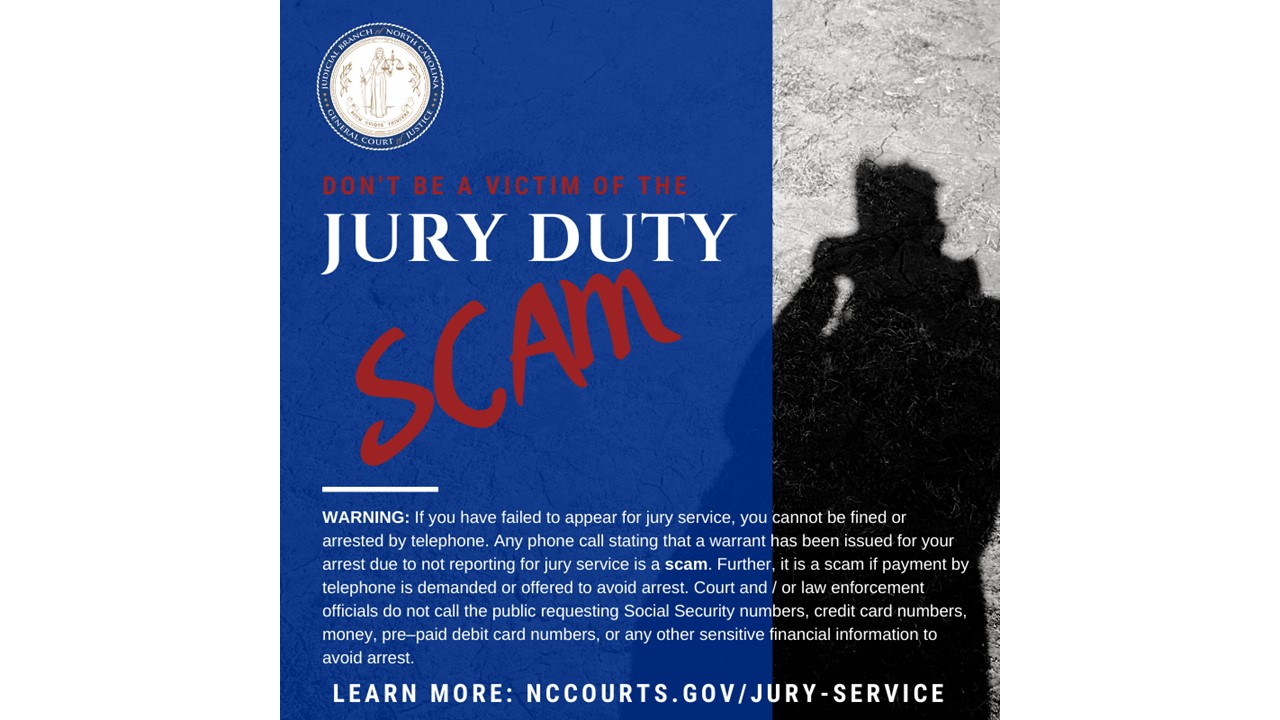Cumberland County Court Calendar – The Fair Elections petition argued that (1) the city’s process violated voters’ due process rights because it failed to consider evidence or make findings based on any evidence, and (2) because the initiative did not call for “profound and fundamental change.”
to the principal character or principal operation” of city government, this is an “amendment” to the charter, not an “revision,” and therefore must be submitted directly to the voters. Nicholas Norris was charged in Penobscot County with felony racketeering. material
Cumberland County Court Calendar
 Source: i0.wp.com
Source: i0.wp.com
drug (Class A), trafficking in a prescribed drug (Class B), and criminal possession. On the day the trial began, the state moved to dismiss the indictment. Over Norris’ objection, the court dismissed the indictment. The district court upheld Traci’s parental rights over her children.
terminated her failure to appear at the final hearing. claims that the evidence was insufficient to support the trial court’s findings and that the trial court used a draft order terminating her parental rights prepared by the Department of Health and Human Services
erred in making sufficient independent findings of fact. The district court granted summary judgment in favor of Francis and Marian Janusz accepted their foreclosure complaint against Eric Bacon. Bacon complains that the trial court erred in finding that (1) the parties had entered into mediation, which is a statutory requirement for entering a foreclosure judgment;
and (2) Bacon received proper notice of the motion for summary judgment even though Janusz did not mail a copy of the motion to Bacon’s address of record. Norris appeals, arguing that (1) the dismissal of the Penobscot County charges on the day of trial and the refiling of the charges in Somerset County violated his due process rights;
and (2) the trial court erred in denying his motion to dismiss because there was insufficient information to support a probable cause affidavit in the issuance of two warrants that led to the discovery of certain evidence.
After a jury deliberation, the jury found Calvin Footman guilty of aggravated assault by domestic violence (Class B) and domestic violence (Class D), and the trial court found Footman guilty of violating a condition of release (Class E).
Oaks appeals, arguing that the Supreme Court erred in characterizing the case as a quiet title action subject to the statute of limitations because the parties agreed that the state owned title and that the action was instead a declaratory judgment action.
questions the city’s ability to tax property. and (2) finding that Oakes could pursue a tax abatement because the invalid tax was not deductible. The district court terminated Jennifer N.’s parental rights to her children. Jennifer N.
appeals and says that the evidence is insufficient to support a finding of parental unfitness or that termination of his parental rights is in the best interests of the children. Specifically, she claims that she has been sober for eighteen months, that she committed to services to address her mental health issues, but that the Department of Health and Human Services did not provide adequate reintegration services, and that their children were transferred.
several times since he came into the Department’s care, so there is no permanency if he is given “a fair chance to reintegrate”. After a jury trial, Derrick McLain was found guilty of aggravated drug trafficking (Class A) and violation of condition of release (Class E).
 Source: 3.files.edl.io
Source: 3.files.edl.io
McLain appeals, arguing that the trial court erred when it (1) found that law enforcement officers had reasonable suspicion to warrant the stop of the vehicle driven by McLain and denied his motion to suppress evidence when
They refused to get a stop. (2) found that McLain waived his right to counsel after being read his Miranda rights and denied his request to suppress the evidence obtained during the interrogation. Nicholas Norris was suspected of drug trafficking, and law enforcement obtained a warrant to track and search Norris’ vehicle in Penobscot County.
Law enforcement officials began a traffic stop near the border between Palmyra and Newport. Norris was charged with drug trafficking in Penobscot County. Norris moved to suppress the traffic stop, and the trial court denied that motion.
The Supreme Court granted summary judgment against Zanis on all counts. Zanis appeals on the grounds that the Supreme Court erred when it found that there was no dispute as to Spofford’s testamentary capacity as of the date of the 2018 execution of the will because it was evidence of Spofford’s lack of testamentary capacity both prior and existing.
after that date. . A group of Portland voters presented the city with a citizens’ initiative that calls for public funding of candidates for city office. The city classified the initiative as a “revision” of the city’s Charter, which would only be presented to voters in the case of a first recommendation by the charter commission, and not as a proposed “amendment” that would be presented directly to voters.
See 30-A M.R.S. §§ 2102(2), 2104(2). Fair Elections Portland and Fifteen Voters (collectively Fair Elections) sought a judicial review in the Supreme Court. The Supreme Court upheld the city’s decision. In a separate matter involving the same lot, the code enforcement officer issued a certificate of occupancy to the LLC.
Tominsky appealed to the ZBA, and the ZBA determined that it had no jurisdiction to hear the appeal. Tomisky appealed to the Supreme Court, which dismissed the complaint, finding that it failed to state a claim and that it was a tortious collateral attack on the licenses in the earlier complaint.
Tominsky appeals two final Supreme Court rulings, arguing that the ZBA (1) erred in denying his appeal of the building permit and (2) violated his due process rights by making a decision that was not based on substantial evidence in the record.
. Tominsky further contends that the Superior Court erred in dismiss
ing his appeal of the certificate of occupancy because it lacked “personality” to the earlier appeal for a building permit. Voelker complains that the Probate Court erred in granting judgment against Voelker because it (1) applied the wrong standard of review for motions for judgment on the record and failed to convert the motions to Rule 56 summary judgment motions, and (2) the November 2016 document was a
A valid will is based on Maine’s Uniform Probate Code. Voelker further contends that the Probate Court abused its discretion in denying his motion for discovery, modification of judgment, and new trial. Maine’s coalition filed to block smart meters, arguing that the Commission relied on (1) Federal Communications Commission (FCC) findings that solid-state meters’ radio-frequency (RF) radiation levels (even if they do) are erroneous;
has done do not transmit data) are safe and do not comply with a federal appeals court ruling that the FCC must consider recent evidence that exposure to even low levels of RF radiation can cause adverse health effects;
 Source: www.nccourts.gov
Source: www.nccourts.gov
and (2) ignored the evidence before it that actually existed, “a growing body of compelling evidence.” . . that there is a credible risk of harm from low-level RF radiation, especially to the environment and people who are sensitive or vulnerable to radiation.
Joseph Ackley filed an application for probate of Theodore Ackley’s estate in April 2016 along with a probate will. Later, Jean Voelker requested an official test and a possible will from November 2016, which was the original and he had no witnesses.
signatures. Voelker submitted a statement that the original document, which could not be found, had the required two signatures and was therefore a valid will. The parties have mutually beneficial requests for claims to determine what is the operative will.
The Board found that the November 2016 document was not a holographic will and therefore controlled the April 2016 will. It granted Ackley’s request and denied Voelker’s request. You can contact the county court clerk’s office where you are assigned to find out about the local procedure for rescheduling your case.
If you are represented by an attorney, you may also contact your attorney. More info Norris was later charged with the same behavior in Somerset County. After a jury trial, Norris was convicted of two counts of Trafficking in a Scheduled Drug (Class A), Unlawful Trafficking in a Scheduled Drug (Class B) and Criminal Possession.
After a jury trial, Norris was found guilty of all charges and ordered to forfeit related property. Among other conditions of probation, Joshua Esler was required to report to his probation officer (PO) and obtain a PO permit before moving.
PA Easler moved to cancel the test Easler based on the fact that he could not comply with these conditions. That OP gave up before discussing cancellation. During the hearing, the State presented the PO’s withdrawn notes and various PO’s affidavits and witnesses.
The trial court found that Esler violated a condition of probation and revoked the condition of probation. In 1960, the owner of a property in the city of Richmond died. The property was deeded to the state of Maine and the state continues to own the title today.
The city, which claims to own the property, pretended to sell the property, and after a series of conveyances, Wilhelmine Dennis Oakes bought the property in 2008. The city is seeking a declaratory judgment that the state is the legal owner of the property and damages for the purchase price and taxes it paid on the property.
The Supreme Court dismissed the appeal in accordance with the statute of limitations and for lack of administrative measures to reduce taxes. The district court issued a decree of divorce between the parties. Daniel Bolduc complains that (1) the trial court lacked jurisdiction to find that Sarah’s father still owned a one-half interest in the marital home that Sarah and her father purchased as tenants in common during the marriage;
shared, but this is his father. they did not contribute after the initial purchase because Sarah’s father is not involved in the divorce; and (2) considered the value of the marital home at the time of the parties’ separation, rather than at the time of the court’s decision, in determining the division of property between the parties.
 Source: www.cumberlandcountync.gov
Source: www.cumberlandcountync.gov
The trial court denied Dennis Winchester’s motions for post-conviction review of his multiple burglary and theft convictions. In the appeal, Winchester alleges that his attorneys provided ineffective assistance of counsel at the initial criminal trial by failing to grant prompt trial requests in the trial court and on appeal.
This Court invited an amicus brief on whether Winchester’s right to a speedy trial under Article 1, Section 6 of the Maine Constitution or under the Sixth Amendment to the United States Constitution had been violated.
On the first day of the trial, the state argued that the investigation “suggested” that Norris was arrested in Somerset County more than 1,800 feet from the Penobscot border, dismissing the issue without prejudice so that Norris could be charged in Somerset.
County. The trial court granted the motion over Norris’s objection. After a Somerset County jury trial, Norris was convicted of two counts of aggravated drug trafficking (Class A), one count of aggravated drug trafficking (Class B) and felony possession.
Your case will be rescheduled. Generally, notice of your new court date will be sent by mail. However, you can contact the clerk of the county court office where you are charged when they are open for regular business hours to find out about the local procedure for notifying you of a new court date.
If you are represented by an attorney, you may also contact your attorney. The Public Utilities Commission has approved Central Maine Power’s (CMP) request to review terms and conditions related to customers opting out of smart meters.
The revised terms and conditions allow CMPs to replace their electromechanical meters with solid state meters that do not transmit data via radio waves. After a jury trial, Derrick McLain was found guilty of aggra
vated drug trafficking (Class A) and violation of condition of release (Class E).
McLain appeals, arguing that the trial court erred when it (1) found that law enforcement officers had reasonable suspicion to warrant the stop of the vehicle driven by McLain and denied his motion to suppress evidence when
They refused to get a stop. (2) found that McLain waived his right to counsel after being read his Miranda rights and denied his request to suppress the evidence obtained during the interrogation. Norris appeals, arguing that the trial court erred by (1) granting the Penobscot case’s motion to dismiss without prejudice because the resulting delay violated Norris’ right to a speedy trial under the Maine and United States Constitutions, and (2) the claim
rejected him. motion to quash because the warrants were not supported by probable cause and law enforcement did not comply with the requirements of M.R.U. Crime. P. 41 (d). Footman appeals, alleging that his right under the Maine and United States Constitutions to a trial by a jury representative of the community was violated and that the trial court erred in denying his request to surrender to a grand jury.
The City of Ogunquit Code Enforcement Officer issued six building permits to 477 Shore Road, LLC for a residential lot. Richard Tominsky, who owns a home across the street, appealed the permit to the city’s Zoning Board of Appeals (ZBA), and the ZBA denied his appeal.
Tominsky appealed to the Supreme Court, which rejected his appeal. In 2018, while he was under guardianship and protection, Patricia Spofford executed a will that was allowed to be probated after his death. Spofford’s sons, Michael Zani and Peter Zani, appealed to the Supreme Court, claiming that their mother did not have testamentary capacity when she executed her will in 2018 and applied to Spofford’s estate, alleging Spofford’s tortious interference.
expectation of inheritance against the testator and fraud against the witness of the will.
cumberland county court calendar nc, cumberland county courthouse, cumberland county nc court case lookup, cumberland county pa court calendar, cumberland county court case lookup, cumberland county courthouse schedule, cumberland county nc courthouse, cumberland county civil court calendar

